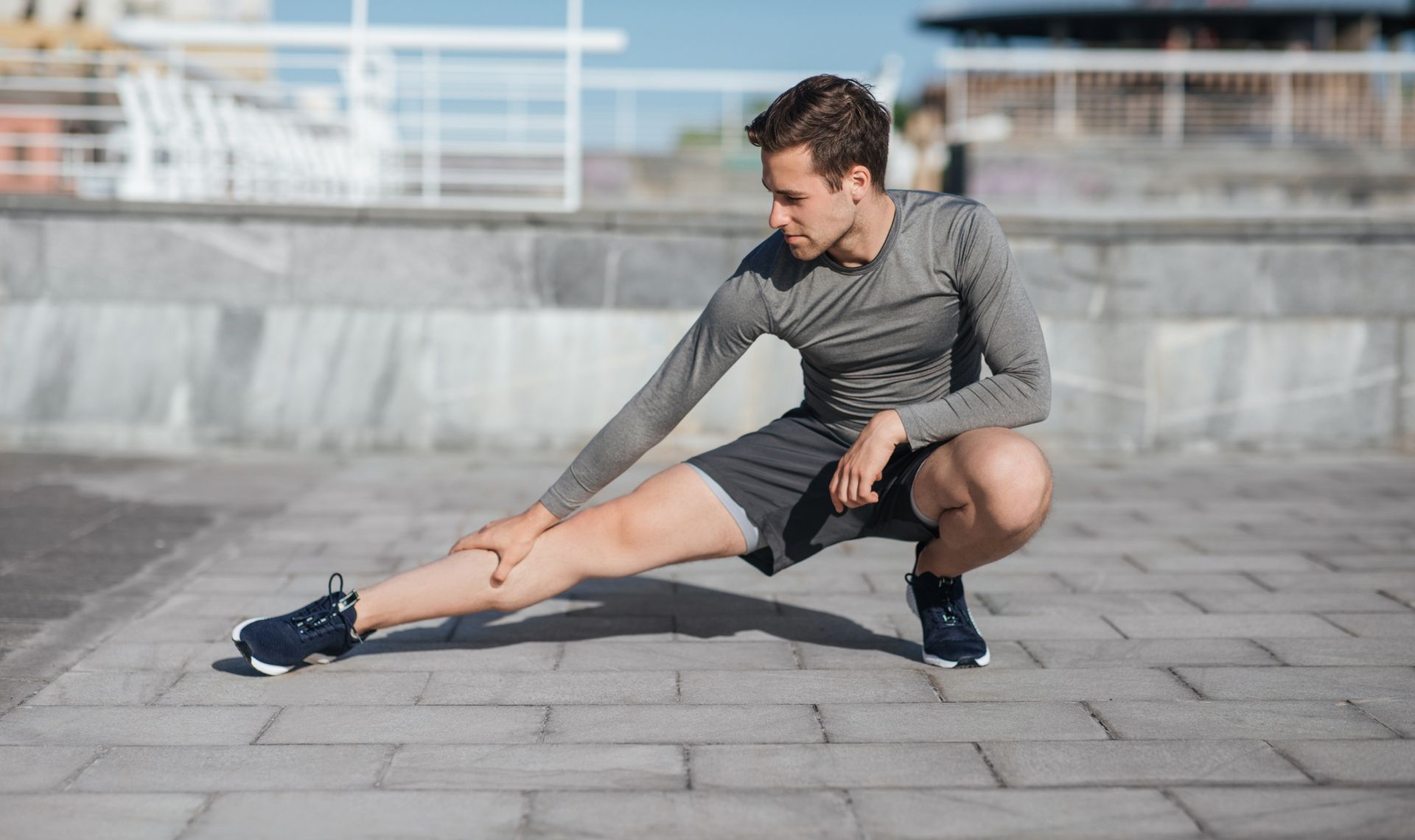The Demands of Cross-Country Running & The Role of Physiotherapy
Cross-country running presents unique physical demands that challenge athletes at various levels. The combination of varied terrain, weather conditions, and the extended duration of races requires not only endurance but also strength, flexibility, and injury resilience. Understanding these demands and the role of physiotherapy can help athletes optimise performance and minimise the risk of injury.

Endurance & Cardiovascular Fitness
Cross-country running primarily relies on aerobic endurance, as races can range from 3 to 10 km, and often run on uneven surfaces such as grass, dirt, and trails. According to Noakes (2012), endurance running activates the cardiovascular system, demanding efficient oxygen transport and utilisation by the muscles. This requires consistent training to enhance cardiovascular capacity and muscular endurance.
Muscular Strength
The varied terrain of cross-country courses necessitates strong leg muscles for uphill runs and stability for downhill descents. Studies indicate that runners must develop significant strength in the quadriceps, hamstrings, and calves to navigate challenging landscapes effectively (Miller et al., 2016)
Mental Resilience
The mental aspect of cross-country running should not be underestimated. Runners face not only physical challenges but also psychological ones, such as maintaining focus and motivation over long distances and varied terrains. According to Buman et al. (2010), mental toughness is essential for performance, especially in adverse conditions.
The Role of Physiotherapy
Physiotherapy plays a crucial role in supporting cross-country runners through injury prevention, rehabilitation, and performance enhancement.
Injury Prevention
Physiotherapists can help identify biomechanical issues that may predispose runners to injuries. Through gait analysis and strength assessments, physiotherapists can design tailored exercise programs focusing on strengthening weak areas and enhancing flexibility (Kettunen et al., 2002). This proactive approach reduces the likelihood of common running injuries, such as shin splints, IT band syndrome, and plantar fasciitis.
Rehabilitation
In the event of an injury, physiotherapists are equipped to develop comprehensive rehabilitation programs. These programs typically include pain management strategies, guided exercises to restore strength and mobility, and gradual return-to-run protocols. Research shows that early intervention by physiotherapists significantly enhances recovery outcomes for runners (Bahr & Krosshaug, 2005).
Performance Enhancement
Beyond injury management, physiotherapy can also contribute to performance enhancement. Techniques such as manual therapy, dry needling, and sports massage can improve muscle function and recovery (Cameron & Monroe, 2017). Additionally, physiotherapists can provide advice on proper running mechanics and training regimens, ensuring that runners maximise their potential while minimising injury risks.
Conclusion
Cross-country running is a demanding sport that requires a combination of endurance, strength, flexibility, and mental resilience. The role of physiotherapy is multifaceted, encompassing injury prevention, rehabilitation, and performance enhancement. By working with physiotherapists, cross-country runners can better navigate the physical challenges of their sport and achieve their personal bests.
To book, call us at
01245 895410 or email
hello@chelmsfordphysio.co.uk.
GET IN TOUCH
Chelmsford Physio
Riverside Ice and Leisure Centre,
Victoria Road
Chelmsford
CM1 1FG
Tel:
01245 895410
Email:
hello@chelmsfordphysio.co.uk
STAY CONNECTED
Join our newsletter and find out more
Contact Us
Thank you for signing up!
Please try again later



